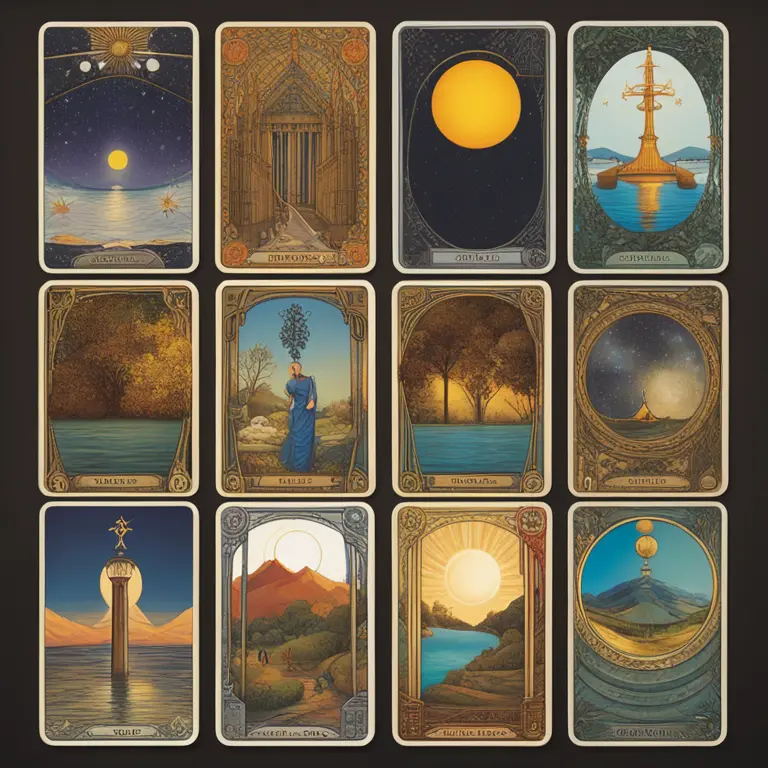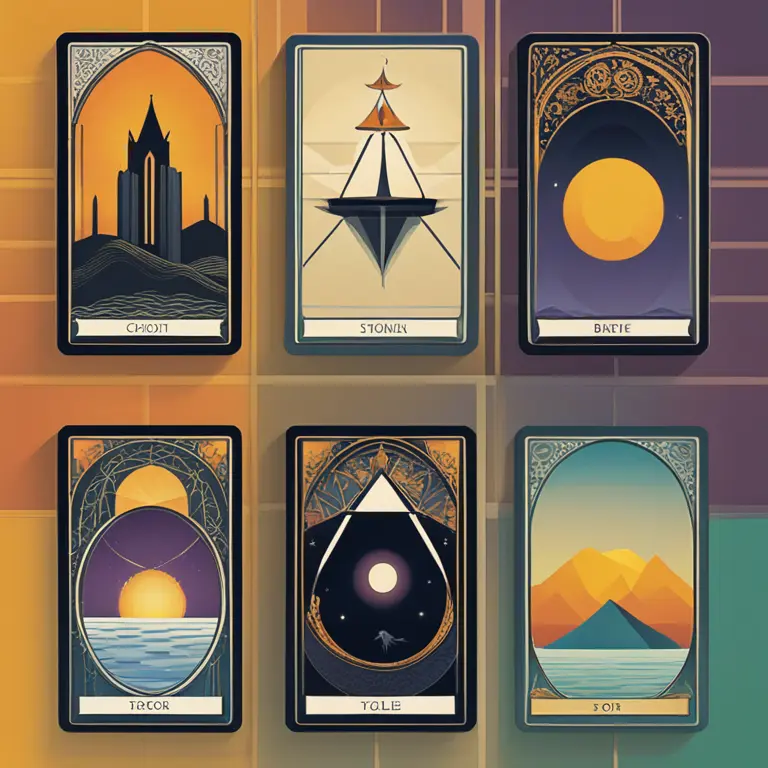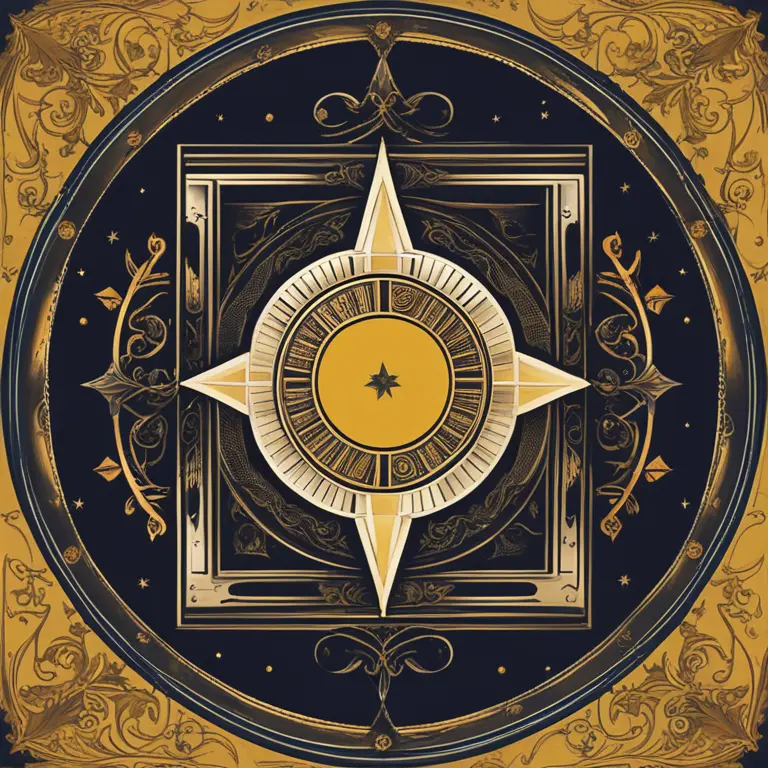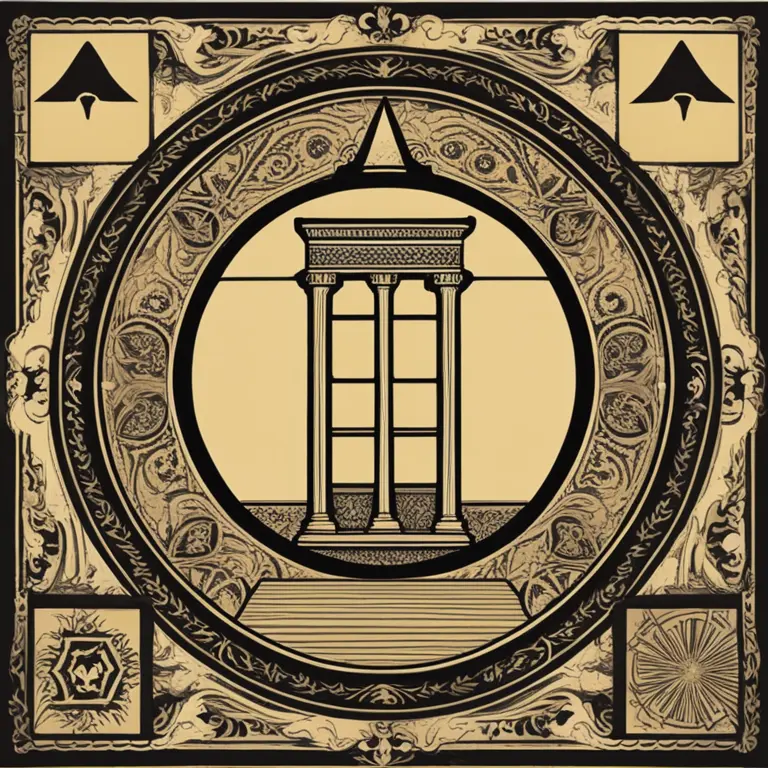
A Journey into Tarot's Legitimacy
As we navigate the complexities of modern life, many seek understanding and guidance through various tools, with tarot being a profoundly popular choice. Some might question the authenticity of what some consider a mystical parlor game, but the roots of tarot are deeply embedded in history and culture. Upon closer examination, one uncovers the true facets that lend credibility to the practice of tarot reading, from psychological insights to archetypal significances that transcend time and place.

The Archetypical Resonance of Tarot
Every card in the tarot deck is imbued with symbolism that mirrors the collective unconscious—a concept brought to light by psychologist Carl Jung. The tarot deck acts as a mirror for the universal experiences of humankind. Proponents suggest that the reason tarot readings often ring true is because they tap into common narratives and experiences that we, as humans, tend to go through, thus making the guidance provided by the cards applicable in a variety of personal circumstances.

Historical Significance and Development
Tarot's origins date back to the 15th century, rooted in game playing rather than divination. It wasn't until the late 18th century that tarot cards were widely regarded as a tool for the mystical. This transition marked the evolution of tarot from mundane to spiritual. Moreover, its historical journey and development have been studied and documented, reinforcing the authenticity of its modern usage as a tool not just for divination but for personal development and reflection.

The Psychological Angle of Tarot
Apart from the historical and cultural significance, there is a modern approach that views tarot from a psychological perspective. Some therapists and counselors use tarot as a tool for opening dialogue, tapping into subconscious thoughts, and facilitating personal insight. While it may not predict the future with scientific precision, it can uncover underlying patterns in one’s behavior and thought processes, contributing to an understanding of oneself and one’s personal journey.

Tarot in the Digital Age
As we step further into 2024, the world of tarot reading has adapted to technological advancements. There are a plethora of apps and online resources that offer tarot reading services, making it more accessible and popular than ever. This digital revolution has not only breathed new life into tarot but also introduced it to a broader and more diverse audience, cementing its place in contemporary spiritual practices and self-help methodologies.
Testimonials and Personal Accounts
Throughout the years, countless individuals have shared their transformative experiences with tarot readings. These personal accounts add a layer of veracity to the practice, as the guidance received from tarot readings often results in profound personal insight and meaningful life changes. What holds more weight than the academic and historical perspectives, for many, is the real-world applicability and the seemingly uncanny accuracy of the insights provided by the cards.
Conclusion: A Tool for Self-Reflection
Skepticism is healthy and can lead to a more profound understanding. While scientific validation of tarot as a fortune-telling device may be lacking, its legitimacy as a tool for self-reflection and exploration is widely recognized. Ultimately, tarot's "truth" perhaps lies not in its ability to predict the future but rather in its capacity to empower individuals to delve deeper into the landscapes of their own psyches and life stories.
Published: 2/8/2024
Modified: 2/8/2024
More predictions
Come back here soon to learn more about yourself and your future


Zodiac Heart Compass: Find Your Emotional Direction
Delve into the secrets of the zodiac to discover how astrological signs guide the emotions and relationships of their bearers.


Zodiac Affections: How Each Sign Craves Touch
Discover how each zodiac sign experiences and expresses their need for touch. Learn about the tactile preferences unique to all twelve astrological personalities.


The Origins of Zodiac Signs: An Astrological Journey
Delve into the ancient roots of the zodiac as we trace the origins and significance of these celestial symbols in astrology.